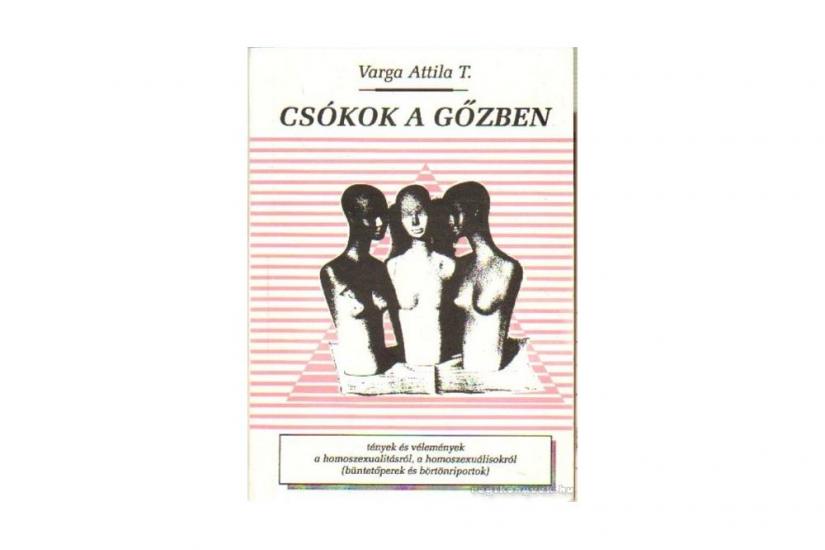
Visegrad Scholarship at OSA presentations at 4.00 pm on Friday, February 25, 2022,
by Gyula Muskovics entitled
Queer cruising in the Kádár era in Budapest
This research project aims at uncovering the meeting and cruising habits of the gay and lesbian community of Budapest in the last two decades of Socialism, building on existing research on homosexuality in the Kádár era in Hungary and the collection of the Open Society Archives. The available resources show that despite its decriminalization in 1961, on a societal level, homosexuality remained a taboo subject until the late 1980s. Therefore, gay and lesbian communities operated underground during this period. The research aspires to explore the functioning of their hidden networks, investigating how gay and lesbian people exchanged and accumulated secret knowledge, organized themselves, and invented their own reality—where the rules of the restrictive regime would not prevail. The research considers queer culture a world-making project and analyses the structure, language, and geography of these parallel realities. OSA’s folder on homosexuality and the exhibition Records Uncovered, currently on view at Galeria Centralis, proved to be good starting points and led to numerous external resources, such as a 1989 book titled “Melegház” (Gay House) containing 20 personal stories, half of them are told by women—which is rare in publications dealing with homosexuality at that time. In addition, the researcher conducted interviews and visited other archives as well. The presentation, besides the findings of the Visegrad Scholarship at OSA, introduces the researcher’s future plans, like the concept of a performance project developed by his artistic collective Hollow, based partly on the findings of this research.
AND
by Samuel Finkelman entitled
The Interethnic Dimensions of Jewish Memory Construction in the Post-Stalin USSR, 1953-1985
The Jewish movement was among the most successful Soviet dissident movements in attracting international attention and achieving its political goals, primarily emigration to Israel. Accordingly, scholarship on the movement has focused on its international dimensions, isolating it from the Soviet context in which it took root. But the Jewish movement’s concerns, methods, and agenda shared much with those of the many other Soviet national movements that formed contemporaneously. Jewish activists collaborated and clashed extensively with non-Jewish national activists, especially Russians and Ukrainians, as most Soviet Jews resided in these two Soviet republics. This research is part of a dissertation project aiming to historicize these affinities and entanglements. Focusing on the burning issue of collective memory construction, the project explores how Jewish efforts to reimagine the catastrophic recent past in ways that could serve a redemptive national future mirrored, clashed, inspired, and took cues from parallel Ukrainian and Russian developments. This presentation will review how materials in Radio Liberty’s archives illuminate the centrality of transethnic ties to the Soviet Jewish movement’s memory construction efforts.
The presentations will be held online. The Zoom link of the meeting is: https://ceu-edu.zoom.us/j/93406065252?pwd=c29vaGRVRllqd1B0V1dKSzQzUUh0Zz09